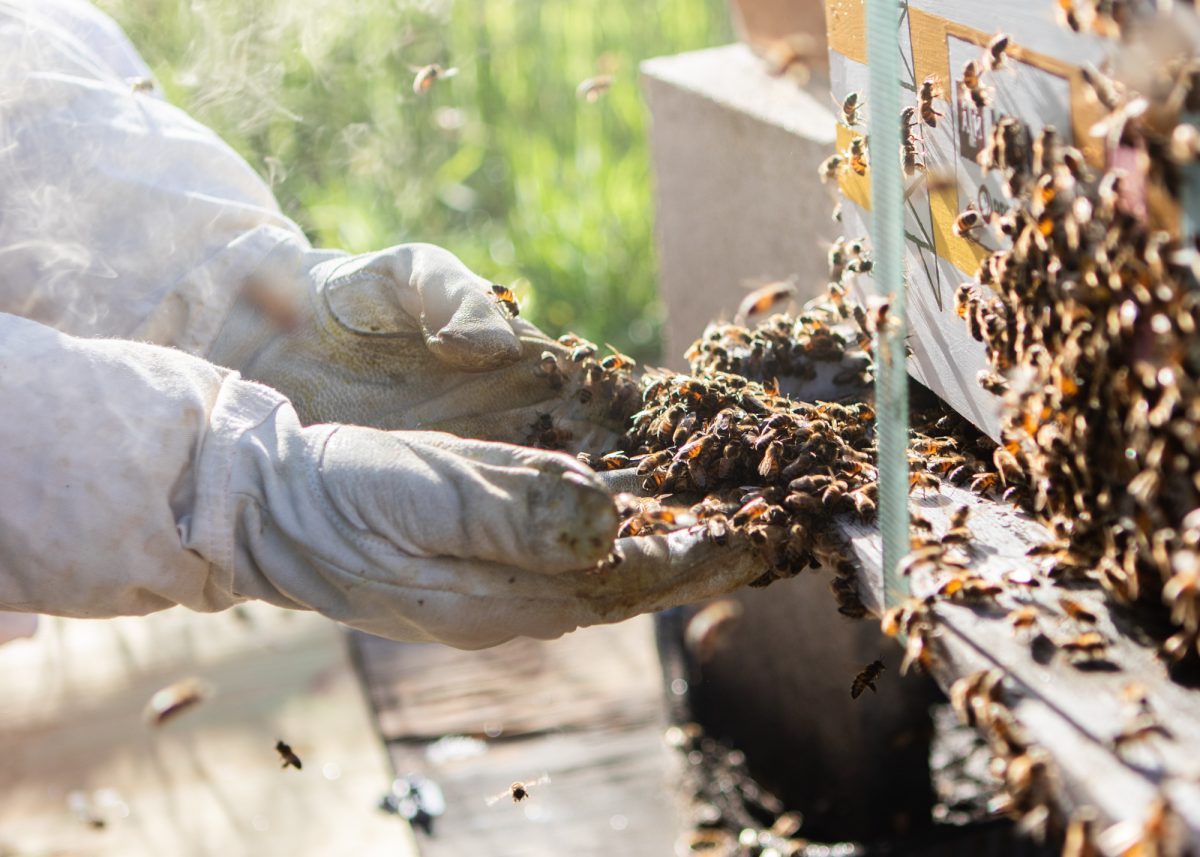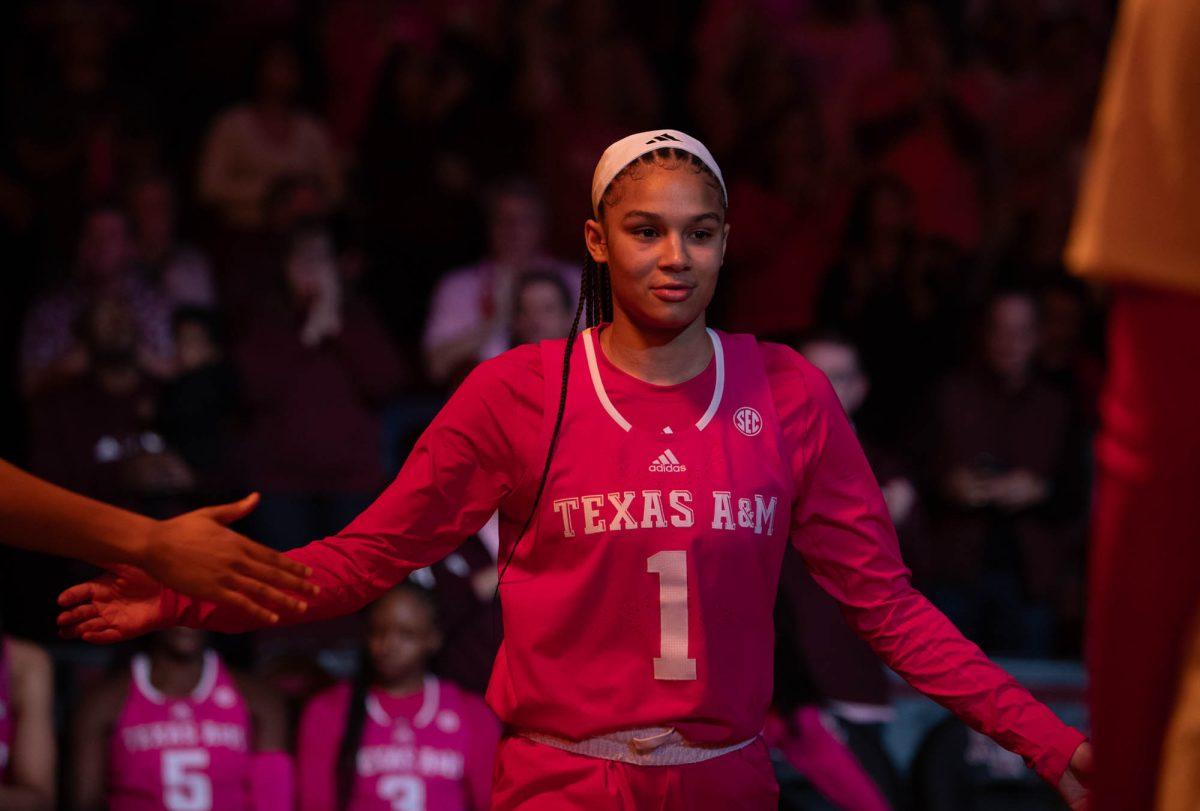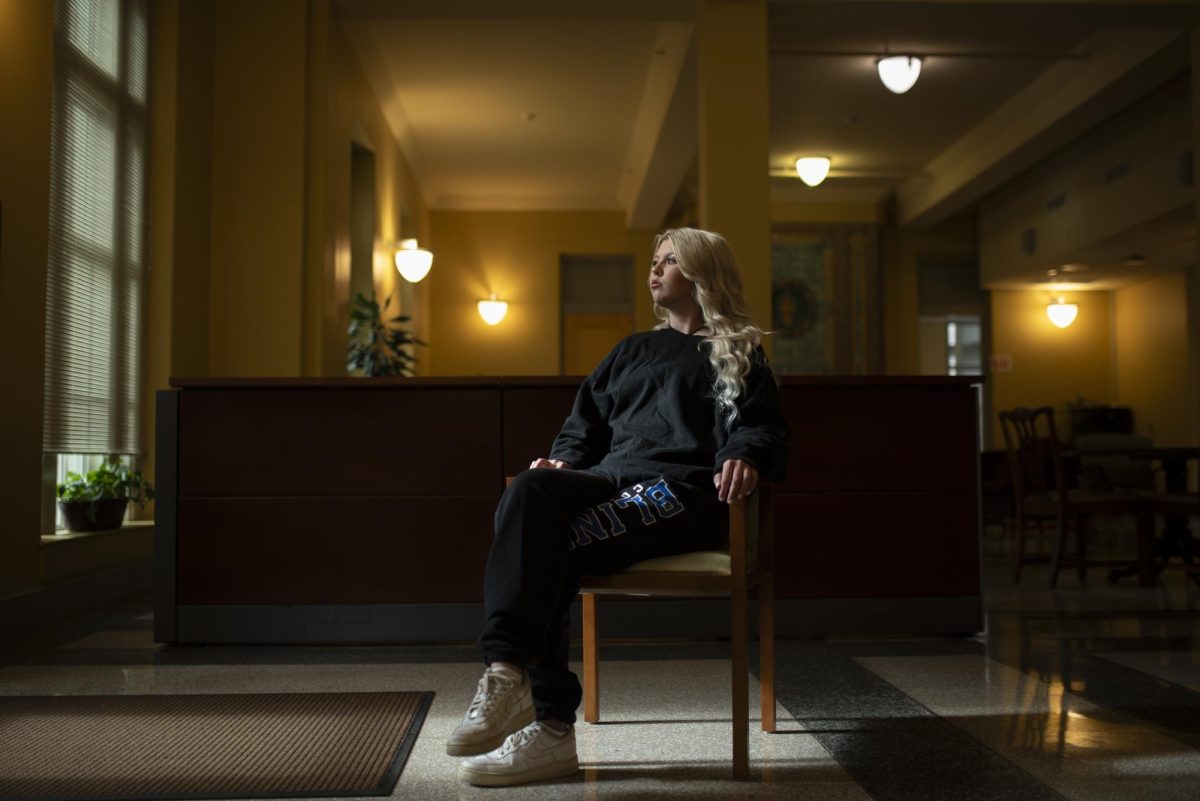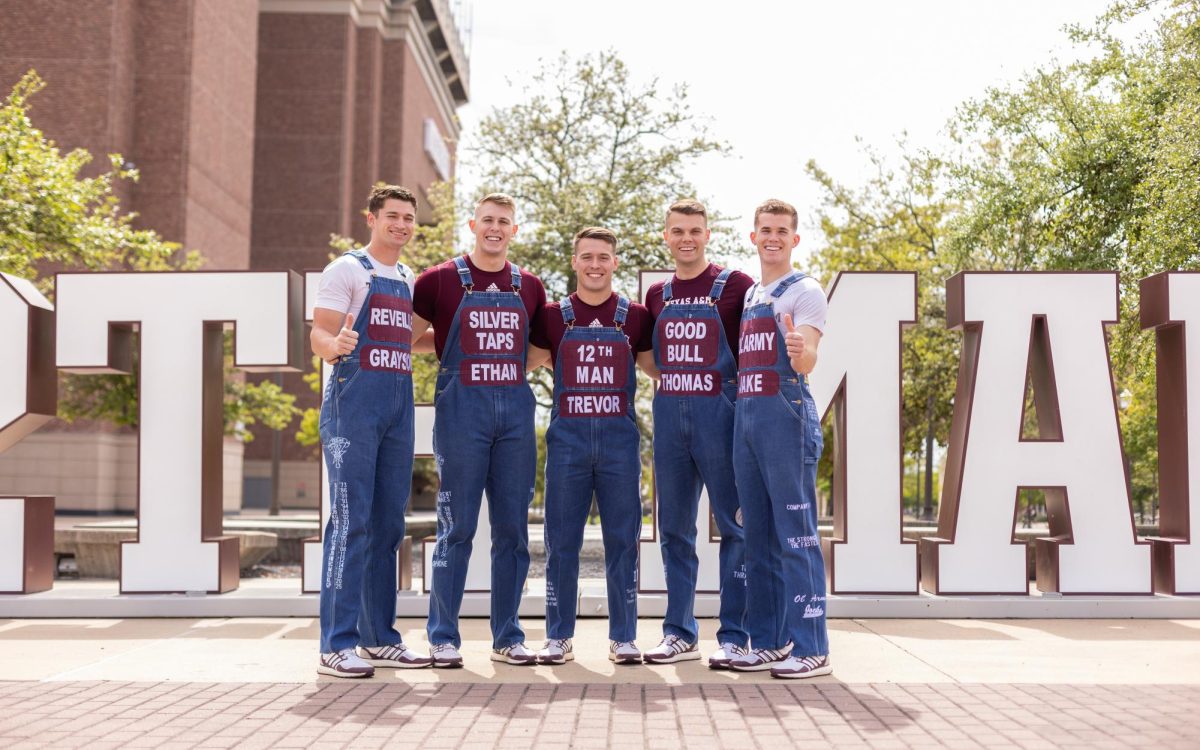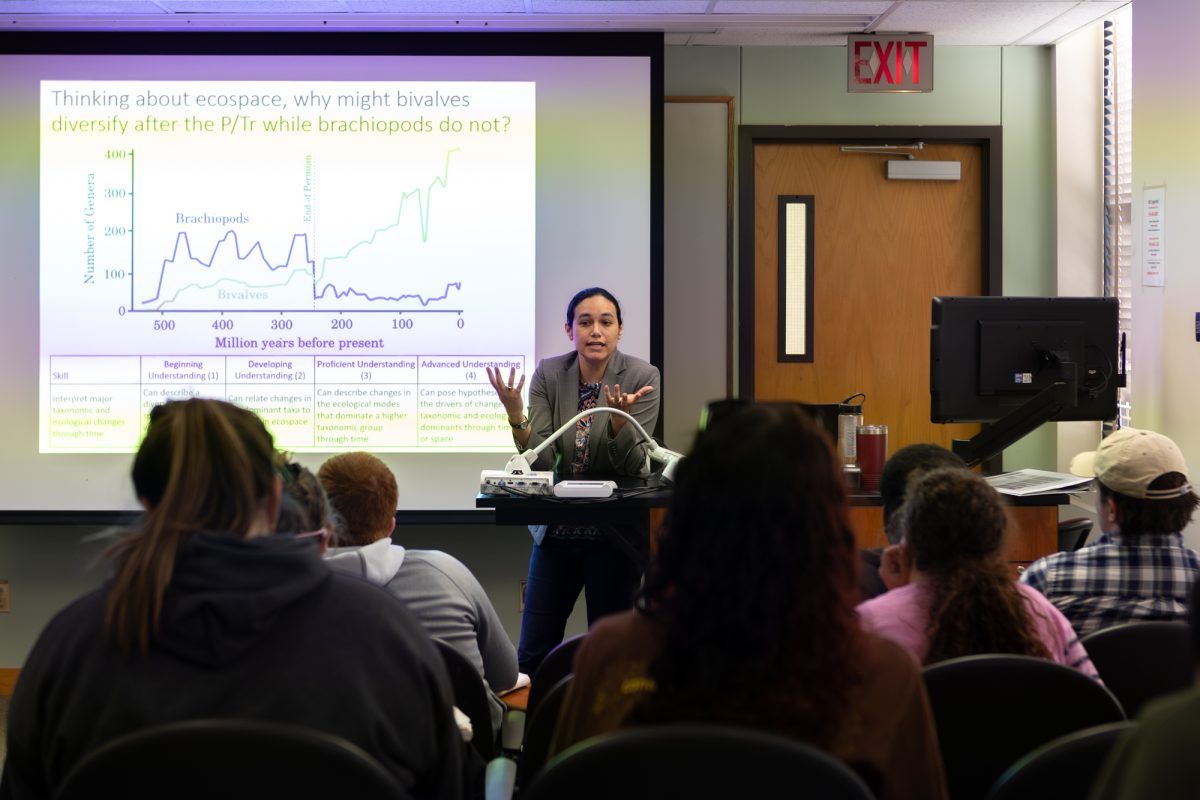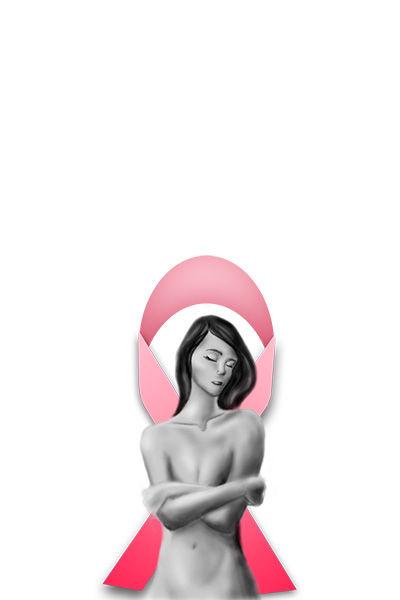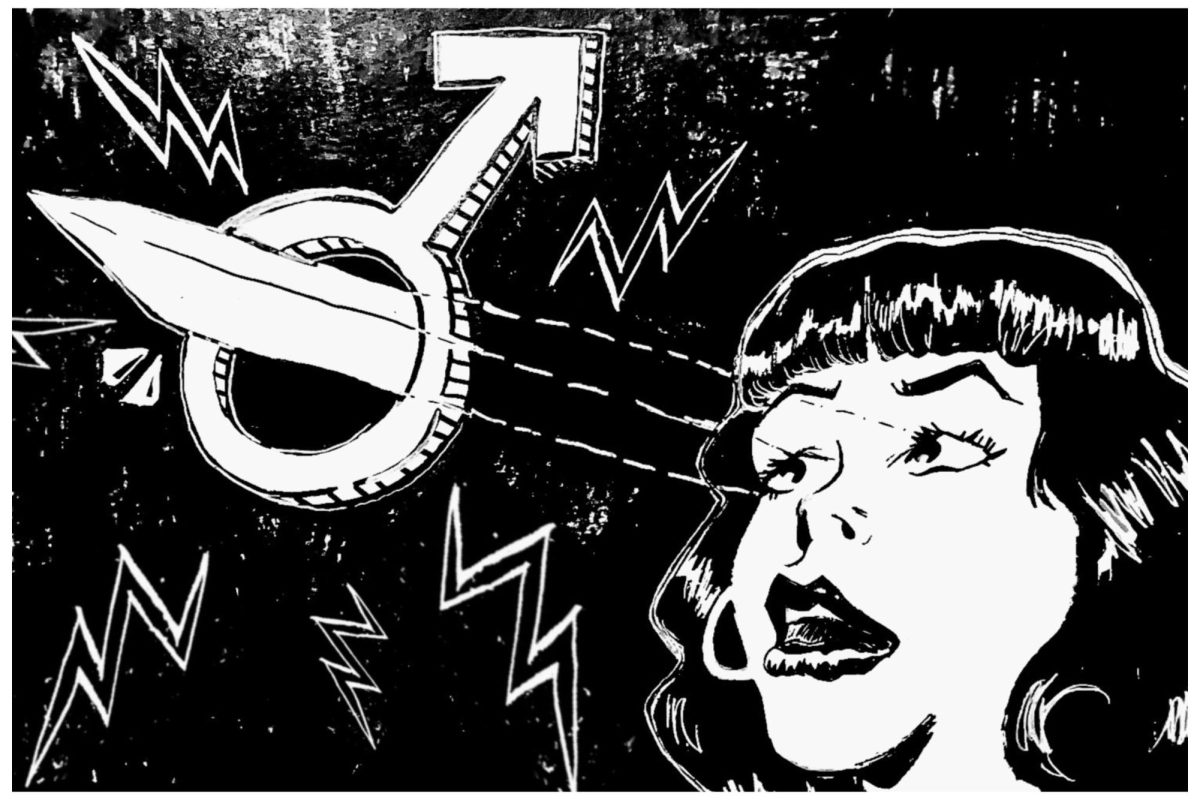As empowering as the month of October is, it ironically can overshadow the afflicted men and women who are battling cancer or navigating a life in remission. October is not about pink, and it’s not even necessarily about women, but it’s about the full scope of what it means to support a human in conflict.
Each October seeks to remind us that cancer is a reality, a reality in which a 2013-2014 report estimated that 232,340 cases of invasive breast cancer would be diagnosed among women. Of those cases, 39,620 were expected to result in death, according to the American Cancer Society.
There will be fun-runs and parades and men and women hand in hand, reminding the world that cancer is a fight and journey. But we will also, like every year, witness the marketization of pink along with the carefully constructed (and gendered) archetype of the female cancer patient.
She’s strong and empowered, feminine, clad in pink, maybe bald — sometimes it’s a pre-diagnosis image of glossy hair, she’s smiling, but her breasts are typically still intact.
Over the years organizations have come under fire for the portrayals of women with breast cancer, and many have improved, but no doubt there is always room for improvement and tweaking of the conversation.
Breast cancer awareness practices can either be interpreted from a feminist or post-feminist interpretation, said Tasha Dubriwny, associate professor of women’s and gender studies and author of “The Vulnerable Empowered Woman.”
Dubriwny argues that from a post-feminist interpretation, women tend to resist “the medical construction of female bodies as diseased,” and individualize themselves from larger systemic issues.
“From a feminist perspective, we might hear women saying something about more systemic problems, like, ‘You’re making me sick with pollution and poor nutrition,’ and so forth,” Dubriwny said. “The message would be that we need to change something about the system.”
Recently, Nestle Fitness released a “Bra Cam” prevention video. A healthy-looking woman was dressed with a hot pink push-up bra. She wore a hoodie that prominently displayed her décolletage. What people didn’t know is she was wired with a camera that took pictures every time people stared at her chest.
It’s harmless, but there’s an underlying message: “If you’re being checked out, you may want to take time to check yourself out.” I have to give it to the video, it was clever and positively relayed the importance of prevention.
But I couldn’t shake the fact that it still managed to have some sort of sexual undertone and perpetuate the “male gaze” problem. Eleven months out of the year we hyper-feminize women’s sexuality, and somehow one month out of the year, when empowerment is the focal point, women are still sexualized, even if it’s subtle.
“So the message to women that you should maybe check your self out, we could quibble with,” Dubriwny said. “The underlying construct of it comes under a very heteronormative paradigm. And that’s exactly why breast awareness is sellable in a sense and works. Again, we are not thinking about women outside the bounds of normal gender constraints.”
America loves breasts. We are breast-obsessed. There are establishments created so males or females can ogle them as a part of their dining experience, they flash across movie screens and hundreds of thousands of procedures are performed each year to achieve perfection.
So where’s the middle ground? I don’t know. There are still rubber “Boobies” wristbands and “Save the Tatas” T-shirts and, once upon a time, a campaign entitled “Save Second Base.”
College men and women decorate bras and make games that involve shooting ping pong balls into them. The words “trivialization” and “insensitive” are up for interpretation so long as people simultaneously learn the gravity of the words “bi-lateral mastectomy,” or “BRCA gene.”
Where do men fit within this construct?
In 2013, approximately 2,240 cases of breast cancer were expected to be diagnosed among men with approximately 410 cases expected to result in death.
Dubriwny said public narratives of breast cancer typically provide patients with a framework of how they are supposed to reconcile their illness.
“If you are a man who is diagnosed, what’s your script? How do you begin to understand yourself as a person with breast cancer? You look around and there is nothing to identify with,” Dubriwny said.
There is little room for the woman who rejects the traditional norms of femininity. The woman who chooses to forgo breast reconstruction and replace her scars with a blooming flower tattoo — where is she these campaign banners? We’re comfortable with looking at breasts, but not the absence of them.
People need healing in various forms and fashions, and that shouldn’t be diminished, Dubriwny said. I’d agree, and if someone needs humor to ease their experience, then they should have that.
But there are far too many women who are afraid they won’t get to blow another birthday candle out. They are afraid of the surgeries and the chemicals and possibly leaving their families behind or walking alone. These too are the conversations we need to remember in October.
Allison Rubenak is a telecommunication media studies senior and the life and arts editor for The Battalion.
Graphic by Frederica Shih





